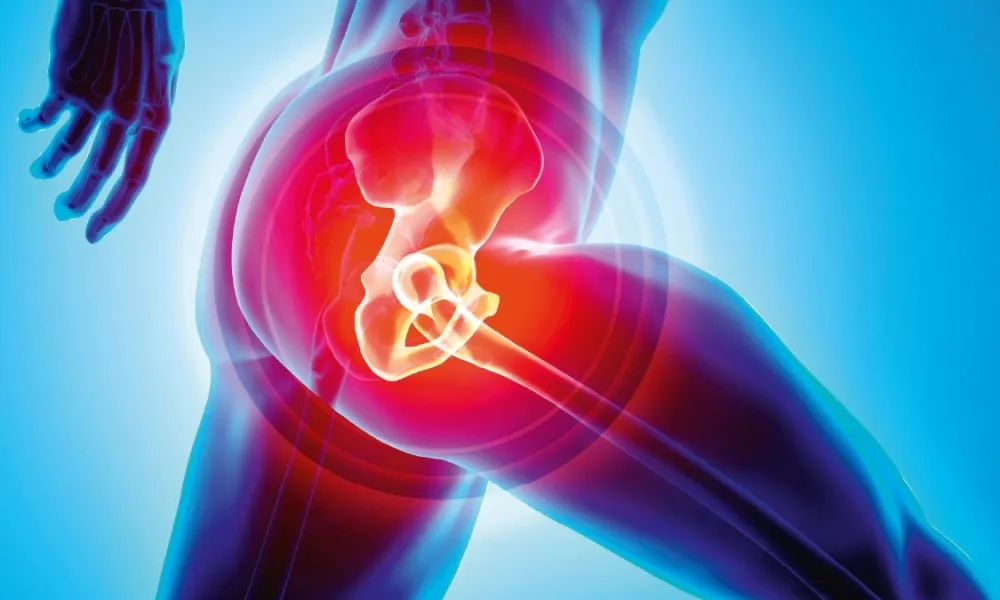While both hip replacement surgery and hangovers can significantly impact your life, their solutions are vastly different. Hip replacement offers a life-changing opportunity to regain mobility, while hangovers are a temporary inconvenience. This guide explores hip replacement surgery, clarifies why Hangover IV treatments are not a suitable recovery strategy, and highlights the importance of a focused rehabilitation plan.
A New Lease on Mobility: Understanding Hip Replacement Surgery
Hip replacement surgery offers hope for those suffering from chronic hip pain. It involves replacing the damaged joint with an artificial implant, addressing conditions like osteoarthritis and fractures. While the procedure itself takes place in a hospital setting, a crucial element of recovery lies in dedicated physical therapy. This focused rehabilitation helps regain strength, flexibility, and movement, ultimately leading to a renewed ability to enjoy an active life.
The Road to Recovery: Essential Steps After Hip Replacement Surgery
Following hip replacement surgery, a structured recovery plan is essential for optimal outcomes. This plan typically involves physical therapy, pain management, a focus on healthy eating, and adequate rest. With dedication and a supportive network, individuals can navigate this process and reclaim their mobility.
Why Hangover IVs Don’t Replace Focused Recovery After Hip Surgery
Hangover IV therapy involves delivering fluids, electrolytes, and medications directly into the bloodstream through an IV to alleviate hangover symptoms. While this may seem appealing after surgery, it’s not an appropriate recovery strategy for hip replacement. Here’s why:
- Focused Needs: Hip replacement recovery requires specific interventions like physical therapy, pain management, and wound care. Hangover IV therapy doesn’t address these crucial aspects of recovery.
- Limited Benefits: While Hangover IVs may replenish fluids and electrolytes, they don’t promote tissue healing or muscle rehabilitation, which are central to hip replacement recovery.
- Potential Risks: IV therapy carries potential risks like infection or medication side effects, which can be unnecessary in this context.
Hip replacement recovery necessitates a dedicated plan tailored to rebuilding strength, flexibility, and mobility. Hangover IV treatment is not a solution for this complex process.
Optimizing Your Hip Replacement Recovery: Strategies for Success
Following hip replacement surgery, here are some key strategies to optimize your recovery:
- Physical Therapy: Regular physical therapy sessions are crucial for regaining strength, flexibility, and range of motion in the replaced joint. Active participation and adherence to therapist recommendations are essential.
- Pain Management: Managing post-surgical pain effectively allows you to participate actively in rehabilitation. Medications and other pain management strategies will be prescribed by your doctor.
- Rest and Recuperation: Adequate rest allows your body to heal. However, prolonged inactivity can lead to stiffness. Maintain a balance between rest and gentle movement as directed by your healthcare team.
- Healthy Diet: A balanced diet rich in nutrients like protein and calcium supports tissue healing and bone health, promoting a smooth recovery.
- Support System: Having a supportive network of family, friends, or in-home care providers can significantly enhance your recovery journey.
Conclusion
Hip replacement surgery offers a powerful path to managing pain and regaining your active life. Recovery requires dedication and a structured approach. While Hangover IV therapy may address temporary discomfort, it’s not a substitute for a focused rehabilitation plan. By prioritizing physical therapy, pain management, a healthy lifestyle, and a supportive network, you can confidently embark on the journey to reclaim your mobility and independence after hip replacement surgery.





